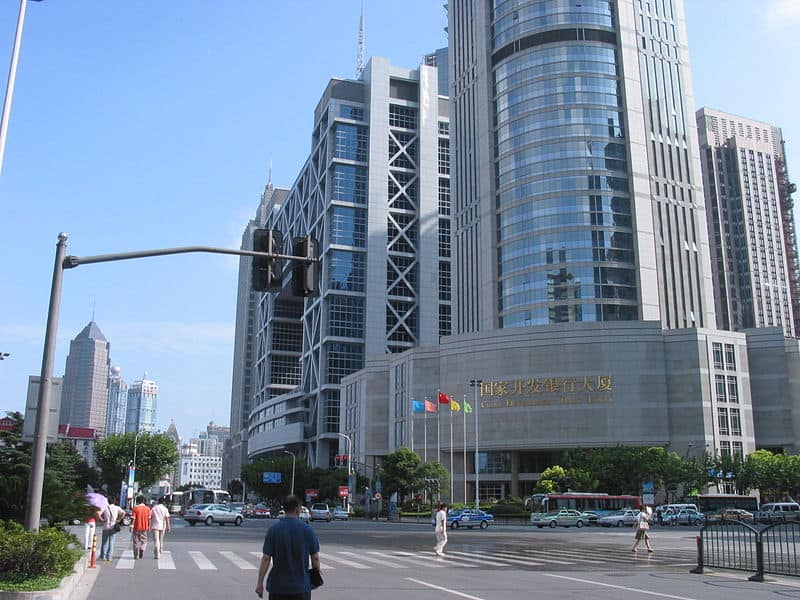Chinese state media has announced the official establishment of the Financial Stability and Development Committee under the State Council, as well as the convening of its inaugural meeting on 8 November.
The central government first flagged the establishment of a specialist committee that would focus on the stability of the Chinese financial system during the National Financial Work Conference convened on 14 – 15 July in Beijing.
The committee would be tasked with duties of strengthening the central bank’s macro-prudential regulation and the prevention of systemic risk.
Shortly afterwards central bank governor Zhou Xiaochuan said that the People’s Bank of China would “properly perform the professional duties of the Financial Stability and Development Committee under the State Council, and strengthen coordination between financial regulators.”
In mid-October, Zhou publicly stated that the prospective FSDC would focus on four key areas – shadow banking, the asset management sector, online banking and financial holding companies.
State media has since announced that the inaugural meeting of the FSDC has been convened, with Ma Kai (马凯) serving as its chairman.
According to state media the FSDC will serve as a “discussion and coordination agency that performs overall preparation and coordination of financial stability and reform development issues for the State Council.”
At its inaugural meeting the FSDC discussed the need to maintain stable monetary policy, strengthen coordination between financial regulators, raise the ability to prepare for and prevent risk, better expedite the servicing of the real economy by the financial sector, better protect national financial security, and better maintain the lawful rights and interests of finance consumers.
FSDC’s chief responsibilities will include “analysing, researching and assessing international and domestic financial conditions, properly undertaking responses to international financial risk, and researching systemic risk prevention measures and key policies for maintaining financial stability,” as well as “guiding the development and regulation of local financial reform, and implementing operations supervision and accountability systems for financial regulatory departments and local government.”
The committee will also be tasked with discussion of key plans in relation to finance sector reform and development, the preparation of financial reform development and regulation, the coordination of monetary policy and financial regulation, the preparation and coordination of key matters in relation to financial regulation, and the coordination of financial policy and relevant fiscal and industrial policy.



